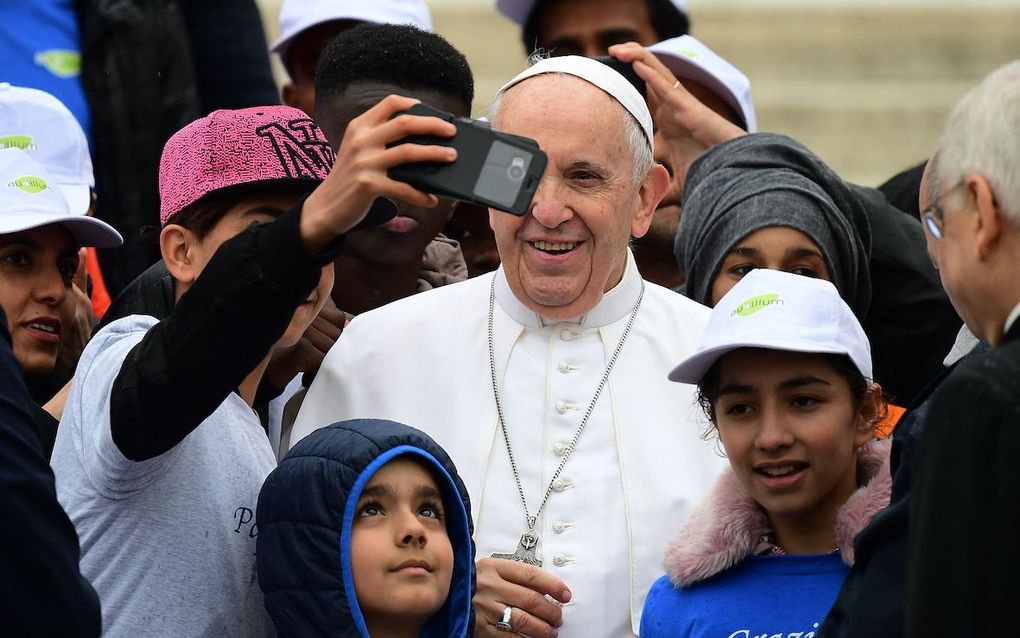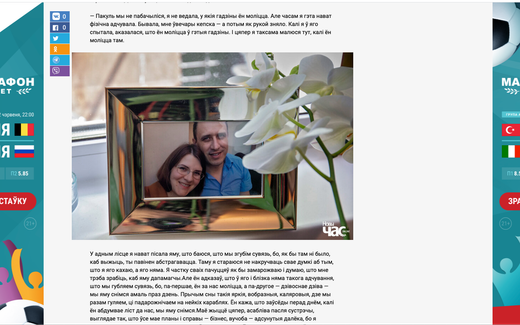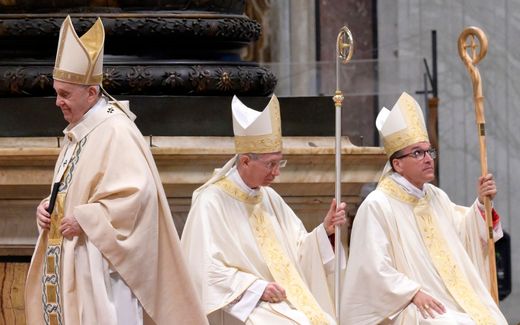Pope: Don't send migrants back to inhumane camps

Pope Francis smiles for a selfie with refugees. Photo AFP, Vincenzo Pinto
Southern Europe
Pope Francis on Sunday called on countries not to return migrants to countries where it is not safe. He mentioned Libya, where many migrants face violence and inhumane conditions in concentration camp-like facilities Reuters reports.
“We must end the practice of returning migrants to countries where it is not safe,” the Pope said today. He pointed to “thousands of migrants, refugees and other people in need of protection in Libya.”
The Pope repeated his appeal to governments to guarantee the lives and dignity of migrants. The bishop of Rome said his thoughts were with the "thousands" stranded in Libya, on their way to reach Europe to find a better life.
Addressing the faithful following the Sunday Angelus in St. Peter's Square, Pope Francis said that "so many of these men, women and children are subjected to senseless and inhumane violence."
"I express my closeness to the thousands of migrants, refugees and others who need protection in Libya: I never forget you. I hear your cries, and I pray for you."
Keep the promises
Once again, the Pope said, "I ask the International Community to keep its promises" and to find concrete and long-term solutions to regulate the migratory flows in Libya and throughout the Mediterranean."
The Pope's call comes when EU leaders are still disagreeing on how to approach migrants, increasing support for nationalist and populist parties in Europe.
Meanwhile, the UN has said the Libyan government must immediately address the dire situation of asylum-seekers and refugees. Since the fall of the late leader Muammar Gaddafi a decade ago, Libya has suffered insecurity and chaos. In the last few years, the North African country has become a preferred point of departure for illegal migrants wanting to cross the Mediterranean into Europe.
Overcrowded centres
However, many rescued migrants –picked up from rickety and un-seaworthy boats– end up inside unsanitary and overcrowded reception centres.
The EU tightened asylum rules and strengthened external border controls following the mass migration in 2015 when more than a million refugees arrived in the EU. At the same time, it has concluded agreements with countries such as Turkey and Libya so that this situation does not recur.
Related Articles





